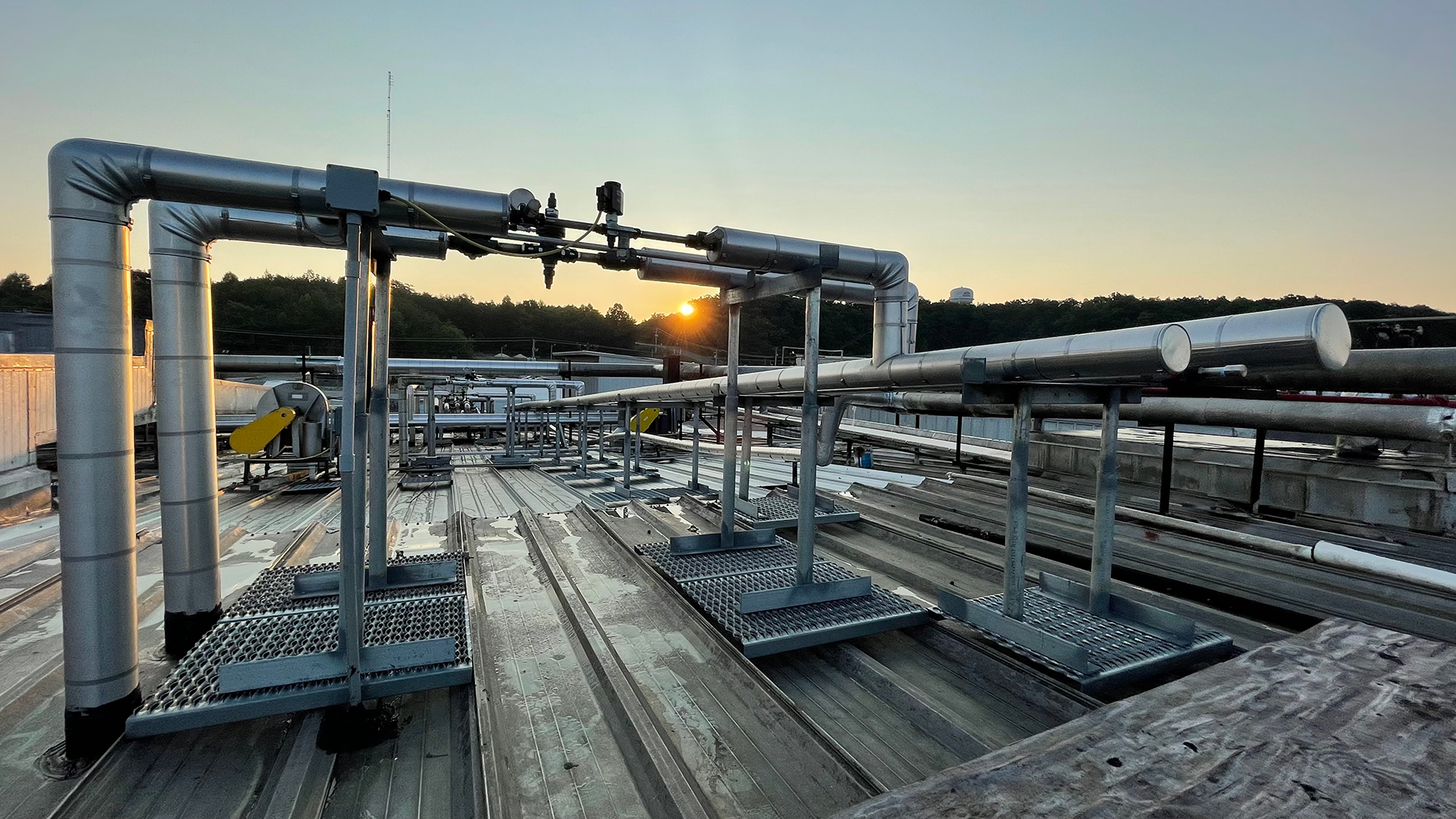Refrigeration plays a crucial role in preserving our food and supporting our economy. Without proper refrigeration, our food supply would be at risk, leading to food spoilage, waste, and economic losses. When it comes to industrial applications, two commonly used refrigerants are ammonia and Chlorofluorocarbon (CFC). In this blog post, we will explore the advantages of ammonia compared to CFC refrigerants and why it is gaining popularity in the industry.
Environmentally Friendly:
One of the most significant advantages of ammonia is its environmentally friendly nature. Ammonia serves as a natural refrigerant that does not deplete the ozone layer. In contrast, CFC refrigerants like R507 and R404 are known to have detrimental effects on the ozone layer and contribute to global warming. By opting for ammonia in refrigeration systems, industries can align themselves with sustainable and environmentally friendly practices, reducing their carbon footprint and helping to protect the environment for future generations.
Longevity:
Ammonia-based refrigeration systems boast a longer lifespan compared to CFC-based systems. This longevity contributes to cost savings and minimizes the need for frequent replacements or repairs. Industries can benefit from reduced downtime and maintenance costs, increasing operational efficiency and productivity.
Lower Costs and Electricity Usage:
Ammonia refrigeration systems offer significant cost advantages. The cost of ammonia itself is notably lower than that of CFC refrigerants. Its wide availability and ease of production contribute to these cost savings. Additionally, ammonia-based systems require less electricity to operate due to their higher coefficient of performance (COP). The higher COP ensures that less electricity is necessary to achieve the desired level of cooling, resulting in reduced energy consumption and lower utility bills. By choosing ammonia, industries can enjoy both financial savings and reduced environmental impact.
Administrative Requirements:
While ammonia provides numerous benefits, it’s important to note that its usage does come with administrative requirements. Ammonia refrigeration systems are subject to specific regulatory requirements known as Process Safety Management (PSM) and Risk Management Program (RMP). These regulations aim to ensure the safe handling, storage, and management of ammonia to prevent accidents and safeguard workers, the public, and the environment. Adhering to these administrative requirements is crucial to maintain a safe working environment and mitigating potential risks associated with ammonia usage.
In conclusion, ammonia-based refrigeration systems offer significant advantages over CFC refrigerants. These advantages include energy efficiency, environmental sustainability, longevity, lower costs, and reduced electricity usage. It is worth mentioning that ammonia systems have administrative requirements to ensure safety and regulatory compliance. As the world strives for sustainability and environmentally friendly solutions, ammonia-based refrigeration systems present an excellent choice for industries seeking to reduce their environmental impact, save on energy costs, and promote efficient cooling solutions. We can contribute to a healthier planet and a more sustainable future by embracing ammonia.
For more information, check out our Industrial Refrigeration page or contact us with any questions.



